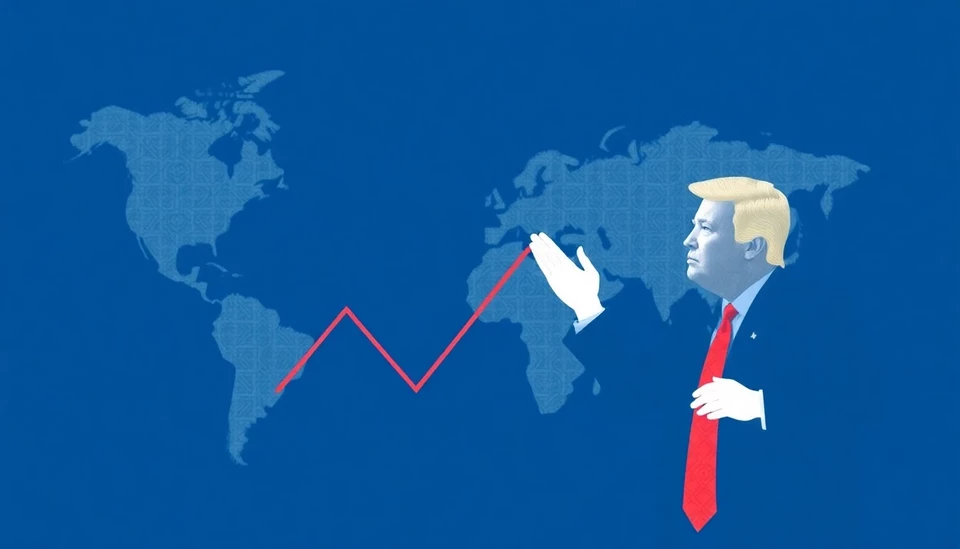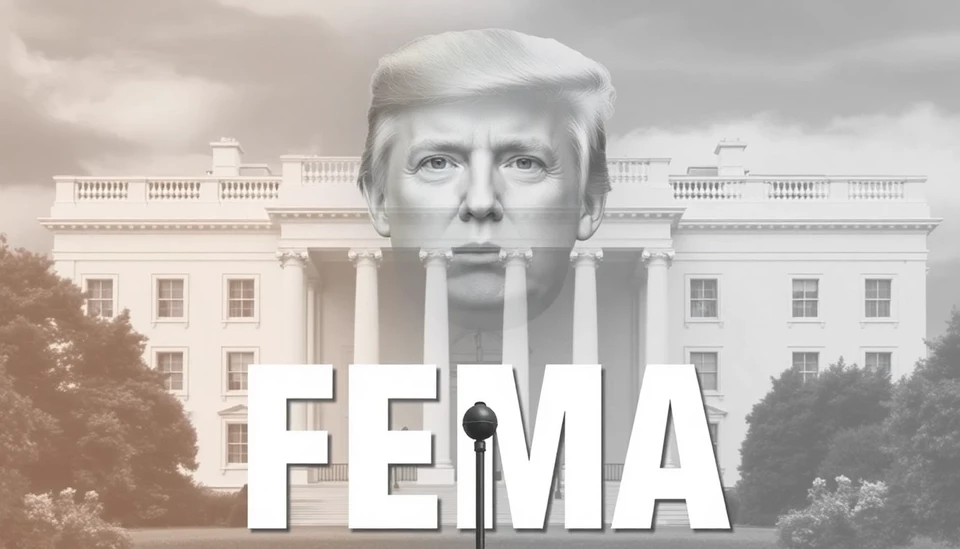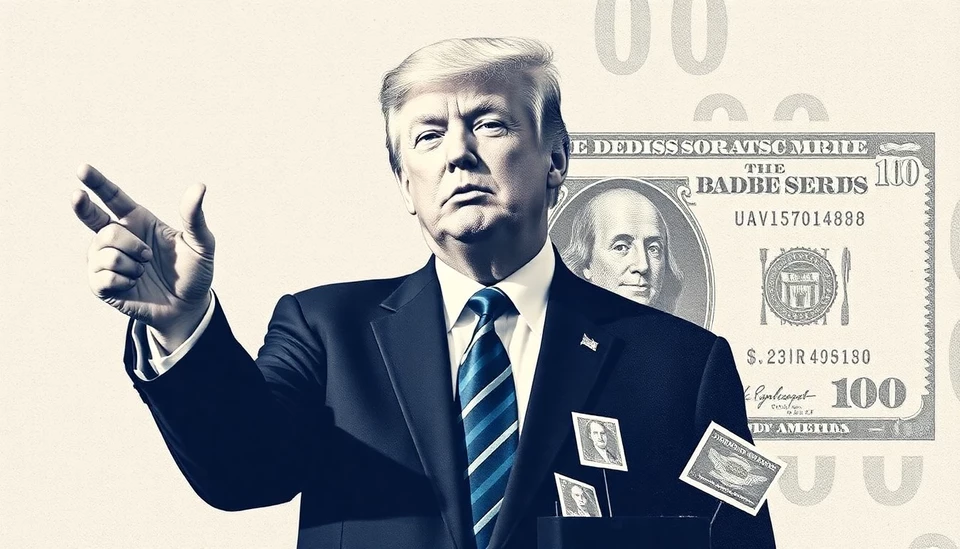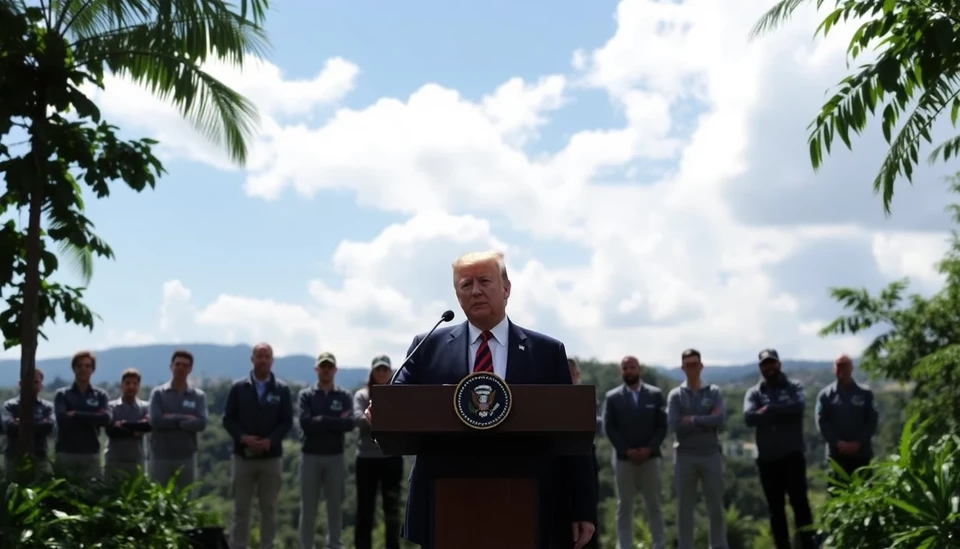
In an insightful discussion, analysts have been weighing the ramifications of Donald Trump's potential return to the presidency on financial markets, particularly focusing on stocks, bonds, and interest rates. As the 2024 election approaches, significant conversations are emerging around how Trump's policies may reshape the economic landscape.
Market observers are particularly interested in Trump's plans, which could influence Federal Reserve decisions on interest rates. Analysts suggest that if Trump were to regain office, we might see a shift towards more aggressive pro-business policies, which historically have correlated with increased stock valuations. His previous administration's tax cuts and deregulation efforts set a precedent that could become a focal point for his platform in the upcoming election. Should he win, this could energize investor sentiment, especially in sectors like energy and financial services, known for benefitting from decreased regulations.
On the bond market side, Trump's influence could tilt towards inflationary pressure due to expansive fiscal policies. Investors are cautiously watching the implications on bond yields, as increased borrowing by the government coupled with tax cuts might lead to fears of rising inflation, thus impacting bond prices negatively. The interplay between fiscal policies and inflation is a classic conundrum that analysts believe could be pivotal in determining the direction of interest rates moving forward.
Moreover, speculation is rife regarding Trump's approach to trade and international relations. His past protectionist measures may resurface, affecting global trade dynamics and potentially leading to volatile movements in both domestic and international markets. The ramifications of such measures could ripple through supply chains, impacting companies reliant on foreign manufacturing and trade.
As we navigate this uncertain terrain, investors are advised to remain vigilant, keeping an eye on not just Trump's potential policy agenda but also the overall economic indicators that could influence market performance. The resulting changes in market sentiments could lead to unpredictable consequences, making it essential for stakeholders to adapt their strategies in anticipation of a possibility of more significant volatility ahead.
In summary, while the potential return of Donald Trump could signal a wave of optimism in some sectors of the stock market, it also raises concerns about inflation and the broader economic stability. Investors should be prepared for various scenarios and consider how these developments could shape their investment strategies in both the short and long term. As the political landscape evolves, staying informed and adaptable will be crucial for individuals and institutions alike.
#Trump2024 #FinancialMarkets #Stocks #Bonds #InterestRates #EconomicPolicy #Investing #MarketTrends
Author: Daniel Foster




